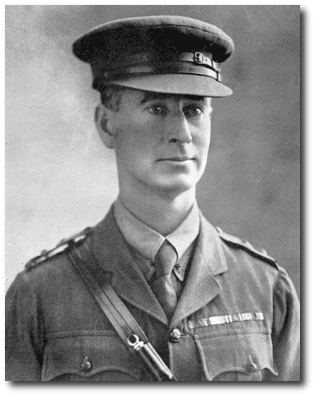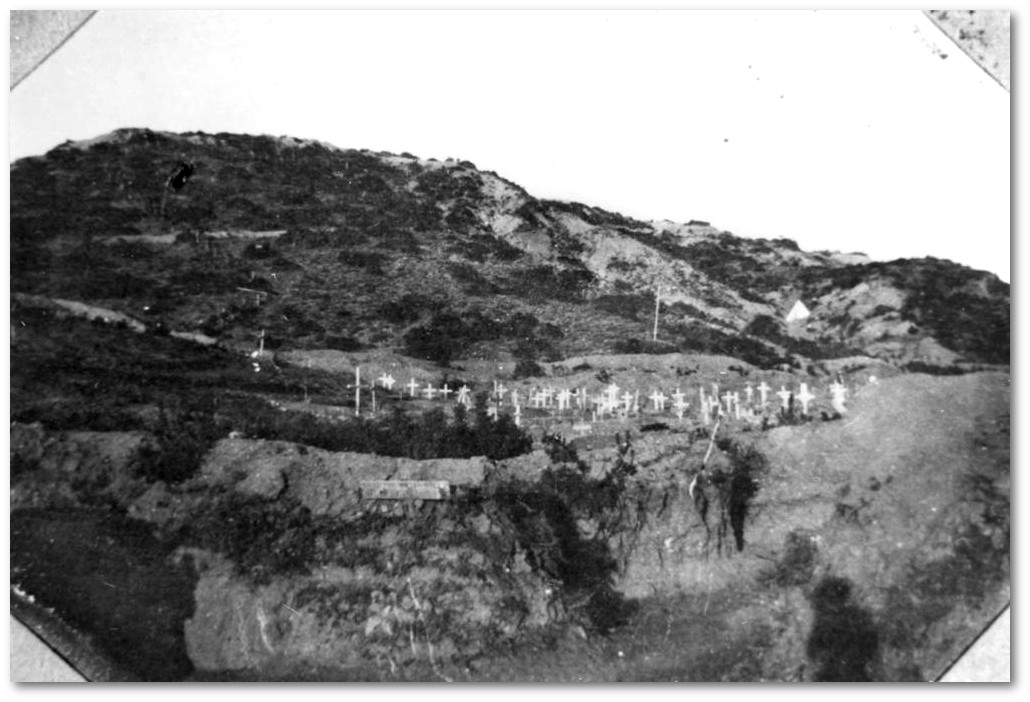George Herbert Bourne, 2nd Light Horse Regiment, A.I.F.
By Marg Powell, Specialist Library Technician, Metadata Services | 20 June 2014
“The whole of the valley we hold is drenched with the best of Australia’s blood, but the spirit of the men is splendid …”

Lieut-Col. G.H. Bourne, wrote many letters home to family and friends during WWI. Some of these letters have survived to this day in the collection of papers held by State Library of Queensland.
The earliest letters describe with great excitement his journey on the troop ship ‘Star of England’ with the first Australian contingent to Egypt, where he was in command of B Squadron of the 2nd Light Horse Regiment.
The Squadron and its precious cargo of horses disembarked in Egypt and encamped for several months in the shadows of the Pyramids. As they waited for orders, Bourne experienced colonial life in Cairo and visited sites of antiquity such as Luxor and the Temple of Amun.
Bourne’s Squadron was deployed to Gallipoli on 12 May 1915, leaving their mounts behind. He describes in a letter to his mother, 17 May 1915 the “tough job” they had and the horrible losses they experienced in taking and defending Turkish trenches.
His descriptions provide the reader with a real perspective of life on the Gallipoli battlefield …
“I have lost the whole of my kit – blankets, great coat, money belt, torch, change of clothing … the main drawback is that water is too precious to allow anybody to wash – kit will be easily replaced from those of the wounded men”.
Later he describes the armistice to bury the dead who lay between the trenches “stinking us out” and small parties of men being allowed to go to the beach at night to wash – as a “real treat”.

“ … poor Burge is reported as missing. He is dead & his body still lies out in front of Quinns with Major Logan’s & many more. It was quite impossible to get them in though we made grappling irons to do it & they were only 6 yards out … indeed the official report by Bean the Cwealth Press Reporter – he mixed up my name with Burge’s & says that the body of Lieut Bourne lies out there still …”
Bourne supervised parties of men at night to dig trenches initially deep enough and safe enough for men to work there in the daylight. Some were fighting trenches, others sunken roads – some to take stretchers, others to allow pack mules passage. The digging parties at night were provided with covering parties for protection, as all the while the enemy shot at them constantly at the sound of digging.
Not long after this account Bourne was evacuated to England sick with dysentery, and following his convalescence in England he re-joined his unit which was heavily involved in the Battle of Romani in August 1916 and Rafa in January 1917. He describes the toll on the men and their mounts –
“my splendid brown horse … hit with a piece of high explosive … followed me out of action on three legs & I found him beside me after we had withdrawn over a mile, when I had him shot. It was a great blow … I had ridden him from the beginning of the war practically.”
Bourne was later awarded the D.S.O. for his contribution to the success in the Battle of Romani, and he received many letters of congratulation from friends and colleagues, including his former commanding officer T.W. Glasgow and army chaplain Rev. George Green who wrote with great kindness and humour –
“my only fear is that the ‘order’ might make you bandy – your spindly legs when I saw them last looked as if they wouldn’t carry another ounce”.
OM68-25 George Herbert Bourne Papers 1846-1956
Marg Powell | Q ANZAC 100
Comments
Your email address will not be published.
We welcome relevant, respectful comments.